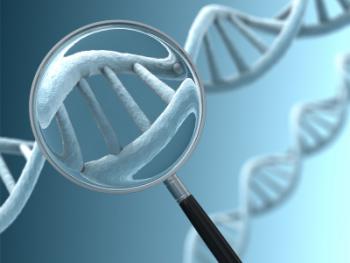Development is often assumed to be hardwired in the genome, but several lines of evidence indicate that it is susceptible to environmental modulation with potential long-term consequences, including in mammals1,2. The embryonic germline is of particular interest because of the potential for intergenerational epigenetic effects. The mammalian germline undergoes extensive DNA demethylation3,4,5,6,7 that occurs in large part by passive dilution of methylation over successive cell divisions, accompanied by active DNA demethylation by TET enzymes3,8,9,10. TET activity has been shown to be modulated by nutrients and metabolites, such as vitamin C11,12,13,14,15. Here we show that maternal vitamin C is required for proper DNA demethylation and the development of female fetal germ cells in a mouse model. Maternal vitamin C deficiency does not affect overall embryonic development but leads to reduced numbers of germ cells, delayed meiosis and reduced fecundity in adult offspring. The transcriptome of germ cells from vitamin-C-deficient embryos is remarkably similar to that of embryos carrying a null mutation in Tet1. Vitamin C deficiency leads to an aberrant DNA methylation profile that includes incomplete demethylation of key regulators of meiosis and transposable elements. These findings reveal that deficiency in vitamin C during gestation partially recapitulates loss of TET1, and provide a potential intergenerational mechanism for adjusting fecundity to environmental conditions.







